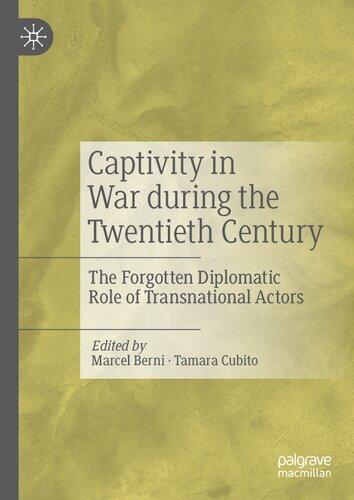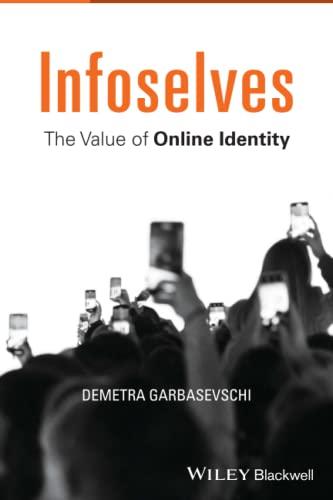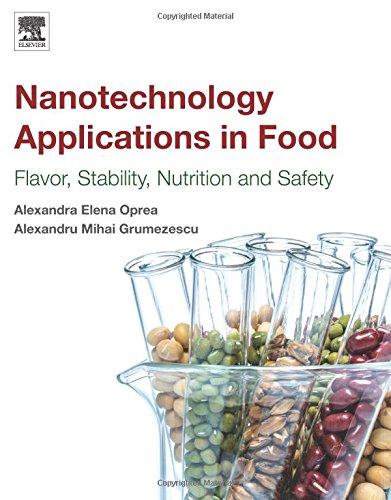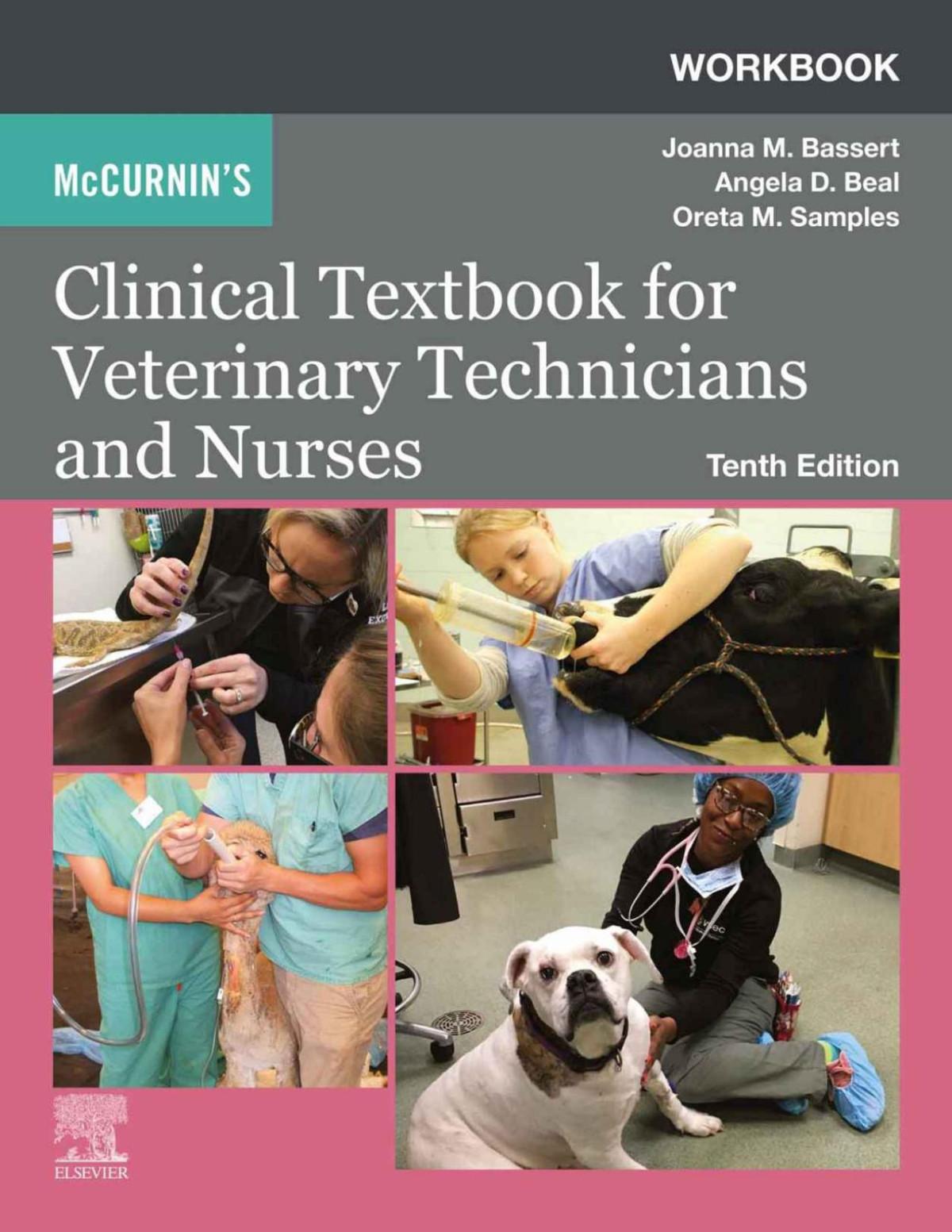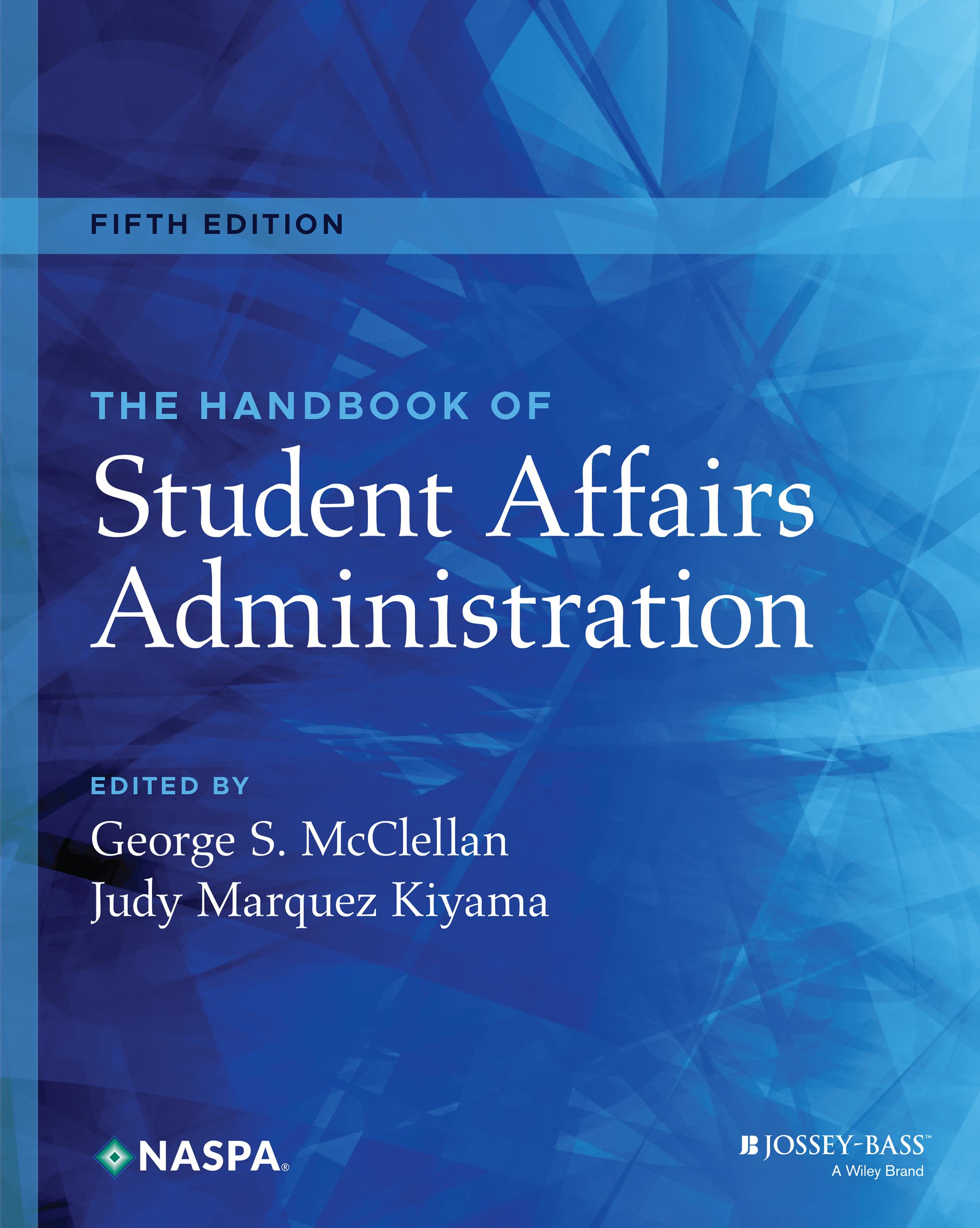THE HANDBOOK OF STUDENT AFFAIRS ADMINISTRATION
FiFth Edition
Edited by
George S. McClellan
Judy Marquez Kiyama
Copyright © 2023 by John Wiley & Sons, Inc. All rights reserved.
Published by Jossey-Bass A Wiley Brand 111 River St., Hoboken NJ 07030 www.josseybass.com
Printed in the United States of America
Published simultaneously in Canada
No part of this publication may be reproduced, stored in a retrieval system, or transmitted in any form or by any means, electronic, mechanical, photocopying, recording, scanning, or otherwise, except as permitted under Section 107 or 108 of the 1976 United States Copyright Act, without either the prior written permission of the publisher, or authorization through payment of the appropriate per-copy fee to the Copyright Clearance Center, Inc., 222 Rosewood Drive, Danvers, MA 01923, 978-750-8400, fax 978-646-8600, or on the Web at www.copyright. com. Requests to the publisher for permission should be addressed to the Permissions Department, John Wiley & Sons, Inc., 111 River Street, Hoboken, NJ 07030, 201-748-6011, fax 201-748-6008, or online at www.wiley.com/go/ permissions.
Trademarks: Wiley and the Wiley logo are trademarks or registered trademarks of John Wiley & Sons, Inc. and/or its affiliates, in the United States and other countries, and may not be used without written permission. All other trademarks are the property of their respective owners. John Wiley & Sons, Inc. is not associated with any product or vendor mentioned in this book.
Limit of Liability/Disclaimer of Warranty: The publisher and the author make no representations or warranties with respect to the accuracy or completeness of the contents of this work and specifically disclaim all warranties, including without limitation warranties of fitness for a particular purpose. No warranty may be created or extended by sales or promotional materials. The advice and strategies contained herein may not be suitable for every situation. This work is sold with the understanding that the publisher is not engaged in rendering legal, accounting, or other professional services. If professional assistance is required, the services of a competent professional person should be sought. Neither the publisher nor the author shall be liable for damages arising herefrom. The fact that an organization or website is referred to in this work as a citation and/or a potential source of further information does not mean that the author or the publisher endorses the information the organization or website may provide or recommendations it may make. Further, readers should be aware the Internet sites listed in this work may have changed or disappeared between when this work was written and when it is read.
Jossey-Bass books and products are available through most bookstores. To contact Jossey-Bass directly call our Customer Care Department within the U.S. at 800-956-7739, outside the U.S. at 317-572-3986, or fax 317-572-4002.
Wiley publishes in a variety of print and electronic formats and by print-on-demand. Some material included with standard print versions of this book may not be included in e-books or in print-on-demand.
If this book refers to media such as a CD or DVD that is not included in the version you purchased, you may download this material at http://booksupport.wiley.com.
For more information about Wiley products, visit www.wiley.com.
Library of Congress Cataloging-in-Publication Data is Available:
ISBN 9781119691976 (hardback)
ISBN 9781119696001 (ePDF)
ISBN 9781119695998 (ePub)
Cover Design: Wiley
Cover Image: © AndreasG/Getty Images
List of Figures and Tables ix
NASPA—Student Affairs Administrators in Higher Education xi
Preface xiii
Acknowledgments xv
The Authors xvii
PART ONE: CONTEXTS OF PROFESSIONAL PRACTICE 1
1 A Concise and Critical History of Student Affairs 3
Michael S. Hevel and Amy E. Wells Dolan
2 Institutional Types and Missions 33
Claire K. Robbins and Sharrika D. Adams
3 Campus Environments and Student Affairs 55
Jillian Kinzie
15 Disability in Higher Education: Shifting Concepts of Access from Individual to Systemic 299
Amanda Kraus
16 Masculine Role Socialization and Performance 317
Jason A. Laker
17 Supporting Students’ Mental Health and Well-Being 337
John Dunkle and Qianhui Zhang
PART FOUR: HUMAN RESOURCES IN PROFESSIONAL PRACTICE 357
18 Cultivating Critical Practice: Reflections on Organization and Administration in Higher Education 359
Felecia Commodore and Leonard Taylor, Jr.
19 Hiring, Developing, and Retaining Professional Staff 383
Jason L. Meriwether
20 Student Employment as Learning-Integrated Work 403
Marianna Savoca and Krissy Creager
PART FIVE: INTERPERSONAL DYNAMICS IN PROFESSIONAL PRACTICE 425
21 Supporting and Enhancing Student Learning Through Partnerships with Academic Colleagues 427
Kristan M. Venegas and Rebecca Cepeda
22 Politics, Power, Persuasion, and Shared Governance 453
George S. McClellan
23 Constellations of Love: Cultivating Intentional Campus and Community Relations 481
Amanda R. Tachine and Kaiwipunikauikaweˉkiu Lipe
PART SIX: SKILLS AND COMPETENCIES FOR THE PROFESSION 499
24 Planning and Budgeting 501
Lori E. Varlotta
25 The Law on Campus and in Student Affairs Practice 523
Neal H. Hutchens and Daniel Hill
26 Analytics, Assessment, Research, and the Scholarship of Practice 547
Darby M. Roberts
27 Technology and Student Affairs 567
Ed Cabellon, Kevin R. Guidry, and T.J. Logan
28 Campus Crisis Management 587
Eugene L. Zdziarski, II
PART SEVEN: THE PROFESSION AND THE FUTURE 609
29 Student Affairs in the Moment and in the Future 611
George S. McClellan and Judy Marquez Kiyama
Index 621
LIST OF FIGURES AND TABLES
Figures
6.1 Practice-to-Theory-to-Practice Model 130
9.1 Domains of Ethical Responsibility 175
20.1 Model of Campus Employment as High-Impact Practice 412
20.2 Scaffolding Integration of Learning and Work to Support Career Readiness 417
21.1 Conceptual Model for Student and Academic Affairs Colleagues Supporting Student Learning Goals 446
22.1 Simple Political Map 456
24.1 General Structure for Strategic Plan 502
24.2 Enrollment Management Funnel 506
Tables
9.1 Components of Ethical Deliberation and Action 191
10.1 Regional Accreditation Organizations’ Jurisdictions 199
11.1 Estimated National Enrollment by Institutional Sector: 2017 to 2019 220
PREFACE
This is the Fifth Edition of the Handbook of Student Affairs Administration (HSAA5). With this new edition, HSAA5 continues to serve as a practical resource for students in higher education and student affairs graduate programs and those interested in the student affairs profession. This edition draws on classic, contemporary, and critical literature in the field and utilizes case studies, personal narratives, and programmatic examples to illustrate the diverse nature of the field itself and the institutions in which we work and learn. In doing so, HSAA5 includes information on the administrative environment of student affairs, organizational and administrative models of student affairs, core skills and competencies needed by professionals, professional and student development models, and current and future issues facing the profession.
The Fifth Edition of the Handbook for Student Affairs Administration, like its predecessor, is organized around seven broad constructs. These include:
1. Contexts of professional practice.
2. Frameworks for professional practice.
3. Purposes of professional practice.
4. Human resources in professional practice.
5. Interpersonal dynamics in professional practice.
6. Skills and competencies for the profession.
7. The profession and the future.
While the organization structure is the same, there are changes and additions in content. These changes include a move away from the chapters on global perspective; role of associations; student-athletes; fundraising; supporting online learners; and conflict. A number of new chapters have been added, which include emerging models of practice; disability in higher education; men and masculinity; supporting students with coping, stress, and mental health; student employment as high-impact practice; and student affairs and shared governance.
HSAA5 also reflects a repositioning of emphasis for some chapters including shifting the chapter on financial environment to a broader focus on the external financial context in which higher education operates; the chapter on assessment to include discussion of the scholarship of practice and publishing; the chapter on campus crisis to also include handling campus protests; and the chapter on leading lives of purpose to also include discussion of developing democratically engaged students.
The other recurring chapters have been revised and refreshed to include an emphasis on the growing diversity of student populations, changes in technology, and updates to legal and policy issues. This edition was written during a global health crisis, the COVID-19 pandemic. The majority of chapters include a discussion about how student affairs practice was impacted because of the pandemic.
In keeping with previous editions, HSAA5 continues the tradition of outstanding contributing authors. The authors in this edition include the profession’s most prominent scholars and practitioners, including current college and university presidents. Likewise, HSAA5 includes outstanding emerging voices. The contributors reflect a diverse array of authors, including diversity of gender, race/ethnicity, sexual orientation, experiential background, and type of institution, representing the range of professional preparation and practice within the field.
Audience
HSAA5 is written to meet the needs of entry-, mid-, and senior-level student affairs practitioners. It will also be helpful to those entering the profession through nontraditional pathways such as from faculty, administrative realignment, or K-12 partnerships. Finally, HSAA5 is written to serve as a resource for graduate students and graduate faculty in college student personnel or higher education programs.
One final shared note of gratitude to all who read HSAA and who use it as a source or text. Your curiosity, critical attention, and demand for quality inform this edition as they have all the previous editions. There would be no HSAA without you.
George, who enjoyed his partnership with Jeremy Stringer in editing the previous two editions of HSAA, is very appreciative to Judy for agreeing to serve as co-editor for this edition even though there were innumerable perfectly sane reasons to decline the invitation. Her sharp mind and warm spirit, along with her wide network of colleagues and friends, are reflected through this book. We are all better for that. George is also thankful for the students and colleagues in higher education at the University of Mississippi where he proudly and happily teaches critical race theory (among other things) pretty much every day. Learning alongside them is a great joy and honor. Looking out across the broader higher education landscape, George considers himself very fortunate to have colleagues and friends whose work inspires him and whose friendship nourishes him. Among these amazing people are Jason Laker, Jason Meriwether, Jeff Sun, Josie Ahlquist, Peter Lake, Stephanie Waterman, and many who are involved in the network of scholars and practitioners doing important and powerful work in Indigenizing higher education. Finally, George thanks his longtime mentor and friend Margaret J. Barr. Her influence on him, HSAA, and student affairs continues to this day. She is greatly missed.
Judy is incredibly grateful to George, who, since their first meeting 20-plus years ago, has offered continued support and mentorship. It was because of George’s encouragement and guidance that as a master’s student, Judy spoke out at a Board of Regents meeting against rising tuition hikes. Now in the midst of a transition into administration, George has offered Judy that same encouragement and guidance. Judy has been fortunate to teach in higher education programs at the University of Rochester, University of Denver, and now the University of Arizona; the students bring these programs and the curriculum to life. The students teach us every day how to be better professors, better mentors, better scholars. The space to write and create would not be possible without Judy’s family, and she is grateful for their constant love and energy. Thank you, Arturo, Liliana, and Raul.
THE AUTHORS
Sharrika D. Adams (she/her/hers) is an assistant professor of practice of higher education at Virginia Tech. She has over 15 years of experience as a student affairs and higher education administrator. Her research interests include crisis management in higher education.
Cassandra Butcher is a resident director at the University of California, Riverside. Her scholarly interests focus on the mental and emotional wellness of firstgeneration Black and Brown college students. She previously worked as a graduate assistant at the University of Houston while obtaining her M.Ed. in higher education.
Edmund T. Cabellon has worked in higher education for 24 years as an executive and senior administrator in student affairs and enrollment management and as an adjunct professor primarily in Massachusetts institutions. He currently serves as vice president of enrollment management at Curry College (MA). His research addresses digital technology and organizational change, and he has served as a co-editor and author for New Directions for Student Services.
Rebecca Cepeda is a doctoral student in the Higher Education and Student Affairs Program at The Ohio State University. Her research interests include centering and uplifting the experiences of People of Color in higher education.
Felecia Commodore is an assistant professor of higher education in the Darden College of Education and Professional Studies at Old Dominion University in Norfolk, Virginia. Felecia’s research focus area is leadership, governance, and administrative practices with a particular focus on HBCUs and MSIs. Felecia’s research interests also lie in how leadership is exercised, constructed, and viewed in various communities, and the relationship of Black women and leadership. She is the lead author of Black Women College Students: A Guide to Success in Higher Education with D.J. Baker and A.T. Arroyo (Routledge).
Krissy Creager has held several student affairs roles over the last 12 years and currently serves as the vice chancellor for enrollment management and the student experience at Purdue University, Fort Wayne. Her work focuses on the impact on-campus student employment has on retention, success, satisfaction, and emotional intelligence.
Antonio Duran (he/him) is an assistant professor of higher and postsecondary education at Arizona State University. Antonio’s research interests involve understanding how historical and contemporary legacies of oppression influence college student development, experiences, and success.
John Dunkle is the senior clinical director, higher education, at The Jed Foundation (JED), a nonprofit organization that focuses on protecting the emotional health and preventing suicide among youth and young adults. Prior to joining JED, John had a 25-year career at the Counseling and Psychological Services (CAPS) at Northwestern University (NU).
David Eberhardt has over 25 years of experience in numerous student affairs roles and currently serves as the vice president for student development at Birmingham-Southern College. His scholarly interests focus on the ethical and spiritual development of college students, and he has written for and serves as an editor for the Journal of College and Character
Stephanie A. Gordon serves as the vice president for professional development at NASPA Student Affairs Administrators in Higher Education. Her scholarly research includes the education and competencies of chief student affairs officers, persistence of first-generation and historically excluded student populations, and mental health and well-being within the context of student learning and success.
Kevin R. Guidry is the associate director of educational assessment in the University of Delaware’s Center for Teaching & Assessment of Learning. He previously co-chaired NASPA’s Technology Knowledge Community and has written about the history of technology in student affairs.
Frank Fernandez is assistant professor of higher education administration and policy at the University of Florida. He previously worked as a director of institutional research, administered NSSE and HERI surveys, and helped lead assessment and accreditation projects. He has published in the Journal of College Student Development, Leadership Exchange, and is on the editorial board of the Journal of Student Affairs Research and Practice. He has been a guest on NASPA’s SA: Voices from the Field podcast.
Matthew Hartley is professor of education and associated dean at the University of Pennsylvania’s Graduate School of Education. His research and writing examines how colleges and universities define and seek to live out their educational purposes.
Ignacio Hernández is an associate professor of educational leadership and director of the doctoral program at California State University, Fresno. His research seeks to highlight the experiences and lessons learned by Latina/o leaders in community colleges that may serve to reimagine normative definitions of community college leadership and the social practice of leadership in higher education.
Michael Hevel is an associate professor of higher education and department head at the University of Arkansas. His research focuses on the history of college students and student affairs.
Daniel Hill currently serves as the coordinator of aquatics at the University of Mississippi. He is pursuing his PhD in higher education at the University of Mississippi.
Neal Hutchens is professor of higher education at the University of Kentucky. His scholarship centers on intersections of law, policy, and practice in higher education.
Angie Kim (she/her) is an associate director of the Office of Inclusive Engagement and Student Life at New York University Silver School of Social Work. Angie’s research interests include examining institutional equity initiatives through racial capitalism and neoliberalism.
Jillian Kinzie is associate director, Center for Postsecondary Research and the National Survey of Student Engagement (NSSE) Institute, Indiana University School of Education. She conducts research and leads project activities on effective use of data to improve educational quality and issues of teaching and learning.
Judy Marquez Kiyama (she/her/hers) serves as the associate vice provost for faculty development and is a professor in the Center for the Study of Higher Education, Department of Educational Policy Studies and Practice at the University of Arizona. As a community-engaged scholar, her research examines the structures that shape educational opportunities for minoritized groups to better understand the collective knowledge drawn upon to confront, negotiate, and (re)shape such structures.
Amanda Kraus has nearly 20 years of professional experience in student affairs and disability resources. She is currently assistant vice president for campus life and associate professor of practice in higher education at the University of Arizona. She is also president for the Association on Higher Education and Disability. Across her research, teaching, and practice, she draws upon disability studies, universal design, and social justice principles to challenge the deficit or tragedy narrative on disability to increase equity in higher education and ultimately reframe concepts of difference.
Jason Laker is currently a professor in the Department of Counselor Education (where he previously served as vice president for student affairs) at San José State University and affiliated research faculty with the Center for Research and Education on Gender and Sexuality at San Francisco State University. His scholarship focuses on gender and masculinities, citizenship and democratic education, and comparative higher education.
Kaiwipunikauikawēkiu Lipe is Native Hawaiian and lives on the island of O’ahu. She is the University of Hawai’i at Mānoa’s Native Hawaiian Affairs program officer and director of the campus’s Truth, Racial Healing, and Transformation Center. Her praxis focuses on utilizing Native Hawaiian wisdom to create sustainable, abundant, and loving futures for her children and grandchildren.
T.J. Logan has over 20 years of experience in higher education administration, and currently serves as the associate vice president for student life at The Ohio State University. In addition to his work on a variety of campuses, he has presented internationally on the topics of social media in higher education, innovation in student affairs administration, and business operations.
Sherry Mallory serves as dean of student affairs for Revelle College at the University of California, San Diego, and is a lecturer in the Master’s Program in Postsecondary Educational Leadership – Student Affairs at San Diego State University. An active member of NASPA, she has served on the Board of Directors, as chair of the Public Policy Division; as a member of the Region IV-W, V, and
VI Advisory Boards; on numerous conference planning committees; and on the editorial board for the Journal of Student Affairs Research and Practice.
George S. McClellan (he/him/his) is professor of higher education at the University of Mississippi. Prior to joining students and colleagues there, he served students for 35 years in a variety of student affairs professional positions including service as senior student affairs officer at both Indiana University–Purdue University Fort Wayne (IPFW) and Dickinson State University. Some of his (co-)authored or (co-)edited books include The Handbook for Student Affairs Administration with J. Stringer (2009 and 2016) and J. Marquez Kiyama (JosseyBass, 2023), Shared Governance, Law, and Policy in Higher Education: A Guide for Student Affairs Practitioners (Charles C Thomas, 2021) with N. Hutchens, and Esports in Higher Education: Fostering Successful Student-Athletes and Successful Programs with R. Arnett and C. Hueber (Stylus).
Gillian McKnight-Tutein currently serves as the vice president of enrollment administration and student success at Community College of Denver. She has held executive positions in academic affairs, eLearning, workforce development, and human resources. Her experiences as an immigrant, her first-generation status, and her membership in the LGBTQ community informs her commitment to students.
Jason L. Meriwether, the vice president for enrollment management at Campbellsville University, has published on topics such as adult learning, student retention, digital learning and engagement, student affairs fundraising, and hazing prevention and is editor of Dismantling Hazing in Greek-Letter Organizations: Effective Practices for Prevention, Response, and Campus Engagement (NASPA). Jason is also a contributing author to What Happens on Campus Stays on YouTube (Equalman Studios).
Sam Museus is professor of education studies at the University of California, San Diego (UCSD) and founding director of the National Institute for Transformation and Equity (NITE). His research agenda is focused on diversity and equity, social movements and activism, and transforming systems to be more inclusive and equitable.
Cecilia M. Orphan is an associate professor of higher education in the Morgridge College of Education at the University of Denver and director of partnerships for the Alliance for Research on Regional Colleges. Her research explores how public policy and administrative decision-making affects the public purposes of regional public colleges and universities.
utilization of institutional practices as mechanisms to promote student growth and engagement.
Amanda R. Tachine is Navajo from Ganado, Arizona. She is Náneesht’ézhí Táchii’nii (Zuni Red Running into Water clan) born for Tl’izilani (Many Goats clan). She is an assistant professor in educational leadership and innovation at Arizona State University. Her research explores the relationship between systemic and structural histories of settler colonialism and the ongoing erasure of Indigenous presence and belonging in college settings using qualitative Indigenous methodologies.
Deborah J. Taub has been a graduate preparation program faculty member for 25 years and currently serves as professor and department chair of the Department of Student Affairs Administration at Binghamton University. Her scholarship includes students’ psychosocial and identity development. She serves as the editor of the New Directions for Student Services series.
Leonard Taylor is an assistant professor in the Educational Foundations, Leadership and Technology department at Auburn University. Leonard’s research is focused on how administrators, faculty, and staff in higher education institutions use research, data, and promising practices in the interest of enhancing students’ postsecondary outcomes and overall success. His research is deeply informed by his previous experiences facilitating high-impact practices as a higher education administrator.
Michele Tyson is a clinical assistant professor of higher education at the University of Denver. Her scholarly interests focus on adult students and how organizations are preparing for them as well as the professional development of student affairs staff. She previously served in areas of enrollment management, student services, and academic services.
Aurélio Manuel Valente (he, him, él) currently serves as vice president for student affairs and dean of students at National Louis University. His research interests are at the nexus of academic and student affairs with a focus on institutional efforts to promote student engagement and academic success. He has published articles in the Journal of College and Character and served as a contributing chapter author for two previous editions of The Handbook of Student Affairs Administration (Jossey-Bass).
Lori Varlotta is the president of California Lutheran University. She has 36 years of higher education experience, including two-and-a-half decades in student affairs and two university presidencies. Her research interests focus on assessing student learning outcomes; planning and budgeting; identity and
community. More recently, she writes and speaks about leading systemic academic change.
Kristan M. Venegas is the LaFetra Endowed Professor of Teaching and Learning in the LaFetra College of Education at the University of La Verne. She has more than 18 years of leadership and research experience in student and academic affairs.
Amy Wells Dolan is professor of higher education and associate dean in the School of Education at the University of Mississippi. Her research explores the history of American higher education, and her background includes academic administration, student affairs, and fundraising in the university setting.
Lori S. White has served in various administrative and academic roles in higher education for the past 40 years and is currently the 21st president of DePauw University. Her areas of emphasis in research, teaching, and writing include the student experience in higher education and the preparation and mentorship of aspiring higher education leaders.
Varaxy Yi is an assistant professor of educational leadership at California State University, Fresno. She conducts research to advance equity, access, and opportunity for historically underserved communities, such as racially minoritized, Southeast Asian American, and refugee populations. Her work focuses on building capacity within higher education institutions to advance issues of racial justice and equity to serve diverse students.
Eugene L. Zdziarski, II is vice president of student affairs at DePaul University. He has worked in the field of higher education for more than 30 years. He has edited and authored publications including Crisis Management: A Comprehensive Guide for Practitioners with N.W. Dunkel and J.M. Rollo (Routledge); In Search of Safer Communities: Emerging Practices for Student Affairs in Addressing Campus Violence with M. Jablonski and G.S. McClellan (Wiley); and Crisis Management: Responding from the Heart with K.S. Harper and B.G. Paterson (NASPA).
Qianhui Zhang is a staff therapist at Northwestern University. Zhang specializes in transition and adjustment, anxiety, relational difficulties, expression of emotion, and body image, trauma, perfectionism, self-compassion, cultural identities (for example, intergenerational and cross-cultural communication, bicultural identity, acculturation), issues of social/cultural privilege and oppression (for example, race-related stress, immigration, low-income students, gender, and sexuality).


